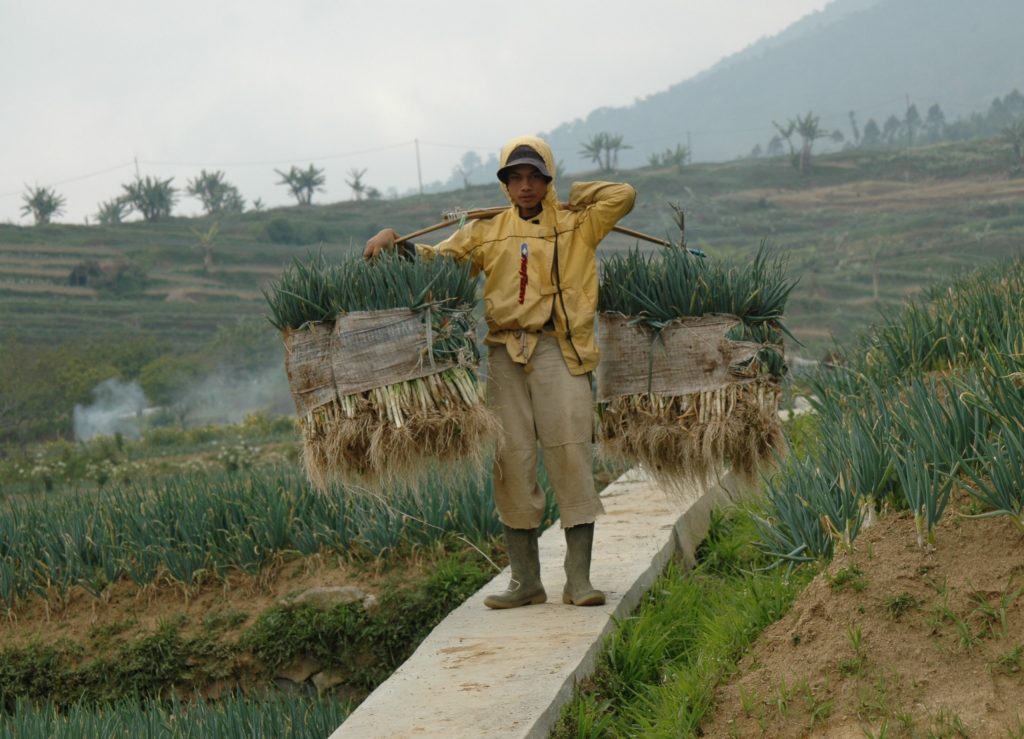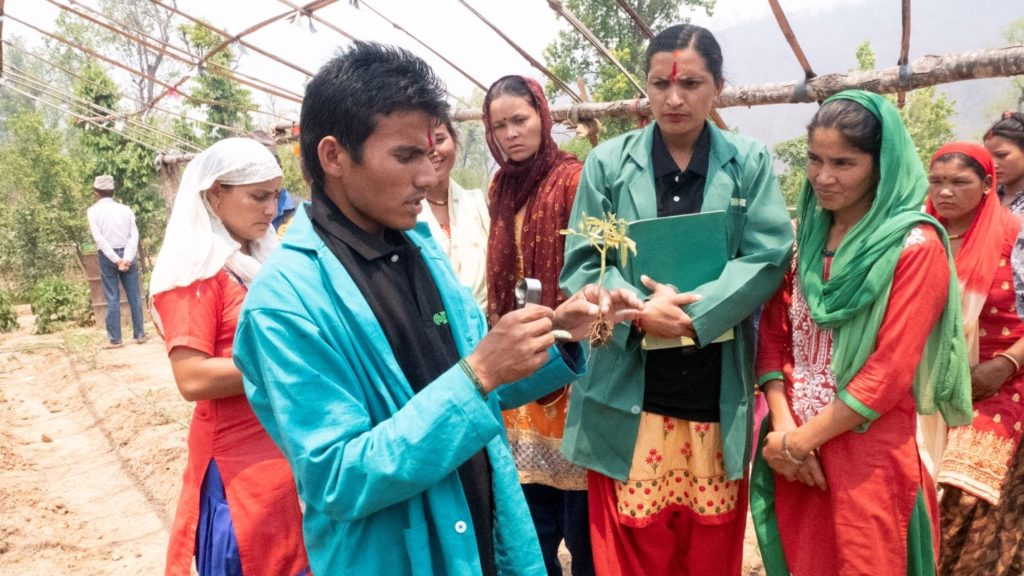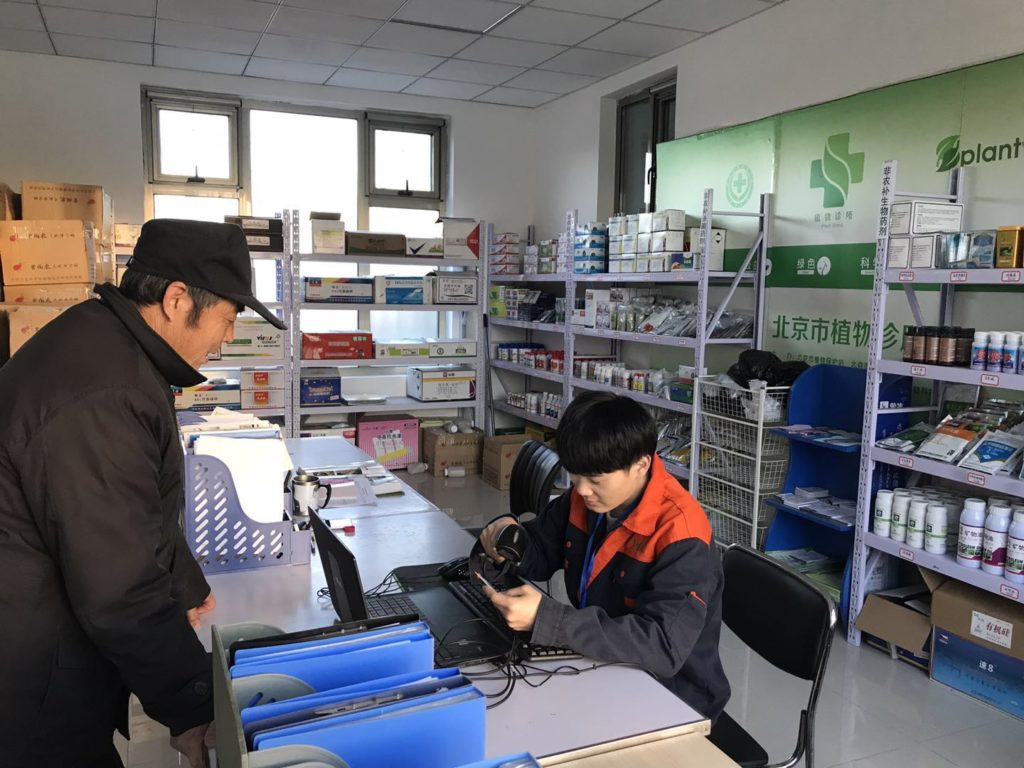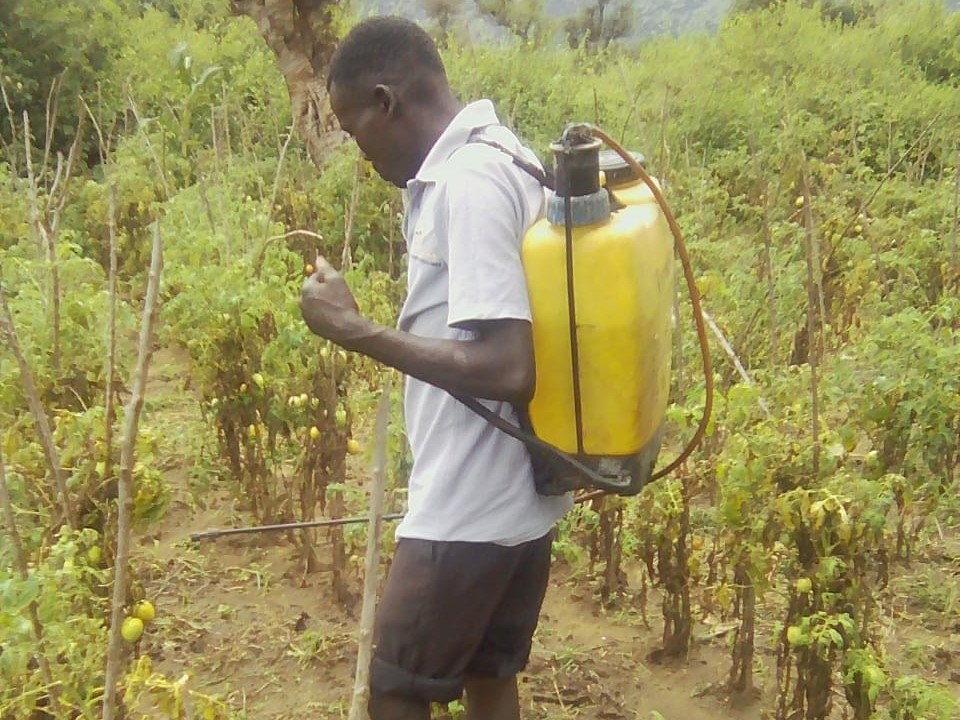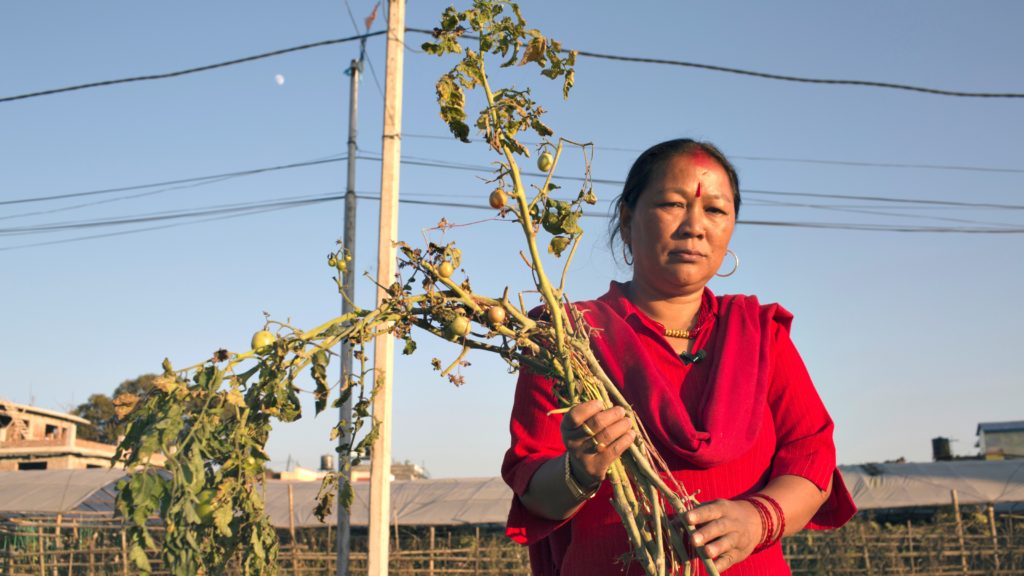Farmers helping farmers to solve crop problems in Nepal
A farmer has to organize a thousand things before getting the final returns from the crop they planted. Choosing the right season and variety of crop, managing the labour forces during the critical crop periods, water management or waiting for rainfall, crop nutrient management, harvesting the crops, managing the post-harvest losses, and then finally selling…
New coalition puts knowledge and skills into the hands of those who need it
CABI has joined forces with the ISEAL Integrated Pest Management (IPM) Coalition in the fight to implement better, less chemical-dependent, ways for farmers to manage agricultural pests and diseases that account for around 40% of lost crops worldwide. By linking with the Plantwise Knowledge Bank, the coalition aims to share knowledge on sustainable pest management…
Integrated crop management Masters course yields success
A graduation ceremony held on 17 November 2017 in Engelberg, Switzerland, celebrated the successful completion of the 2017 Masters of Advanced Studies in Integrated Crop Management (MAS in ICM) programme by a number of international students. Coordinated by CABI and the University of Neuchâtel, the MAS in ICM programme provides students with a comprehensive understanding…
Plant doctors to the rescue in integrated pest management
By Dyna Eam. Reblogged from the CGIAR CCAFS blog. Farmer representatives and project team members of Rohal Suong Climate-Smart Village in Cambodia learn about rice pest management in light of climate change. Many people attribute floods, droughts and cyclones to climate change and these natural disasters impact greatly on agricultural productivity. But recent scientific evidences…
Feasibility of adopting an IPM approach for sustainable Christophene production in the Northern Range of Trinidad
Contributed by Aldo Hanel, CABI. Brasso Secco is a pristine environment located in the Northern Range of Trinidad in close proximity to the world famous Asa Wright Nature Centre. This farming community, among others, is nestled deep in the bosom of the of the Northern Range where approximately 300 family farms depend on Christophene production for…
- « Previous
- 1
- 2
- 3
- 4
- Next »


